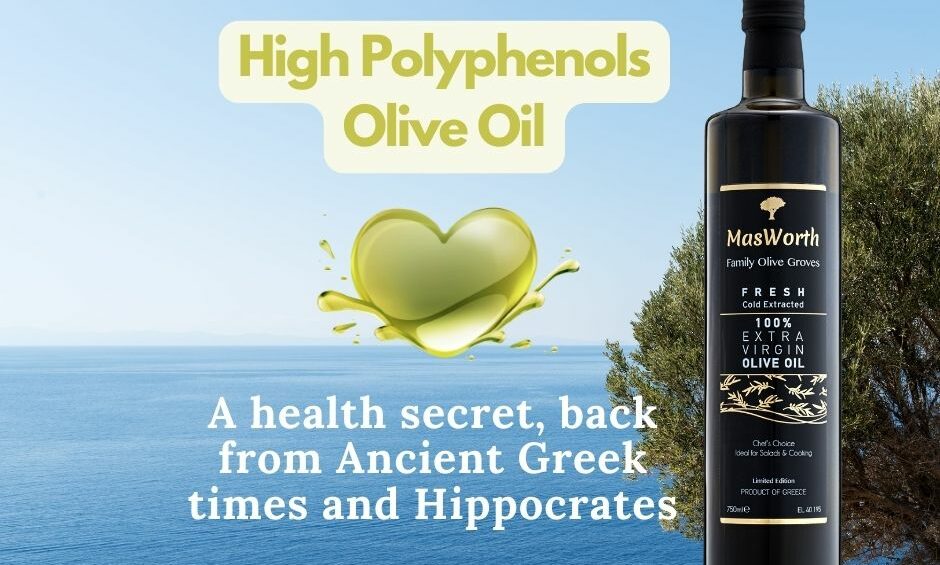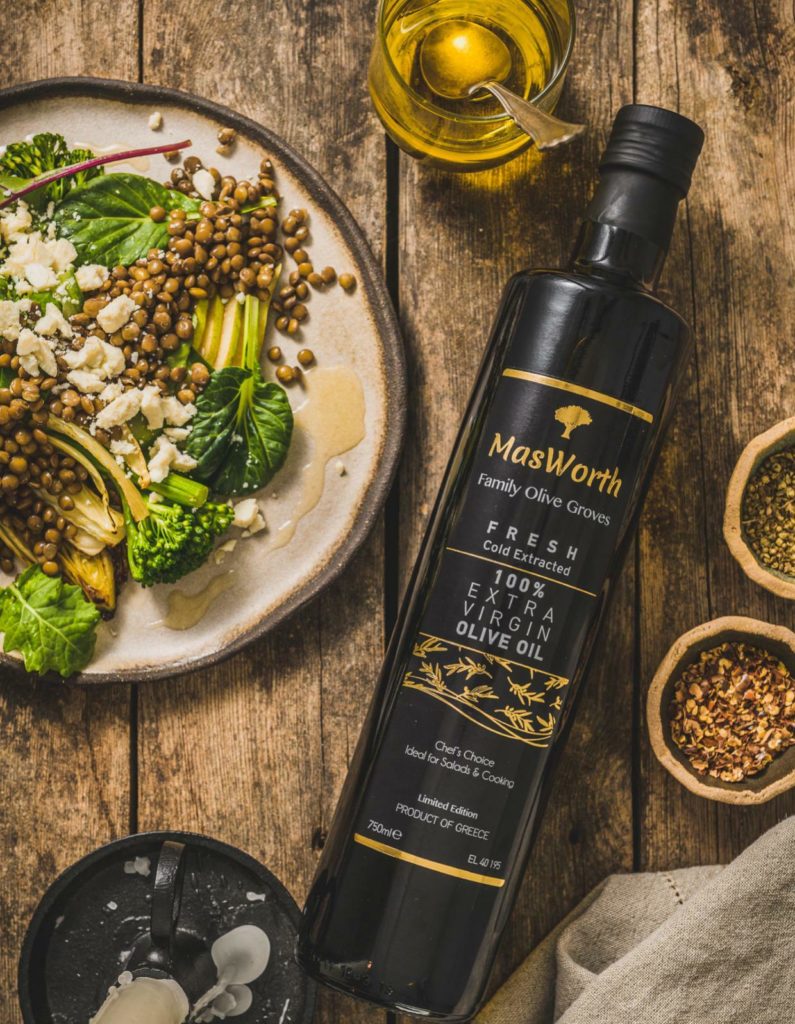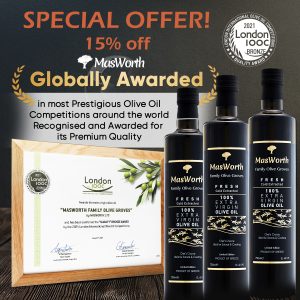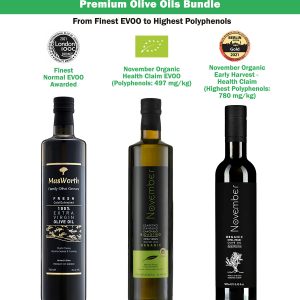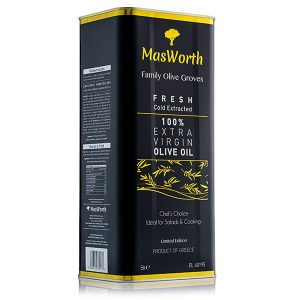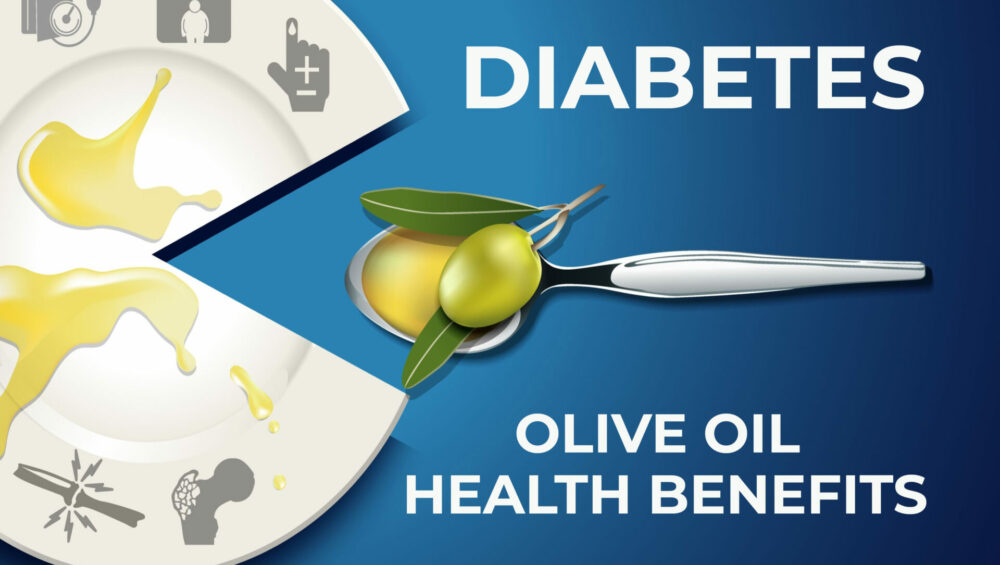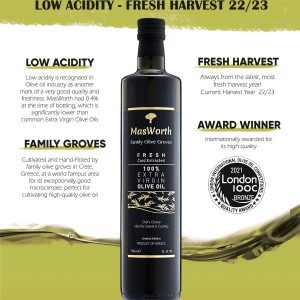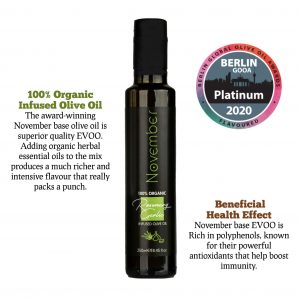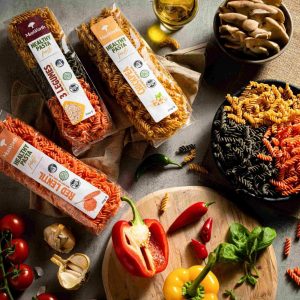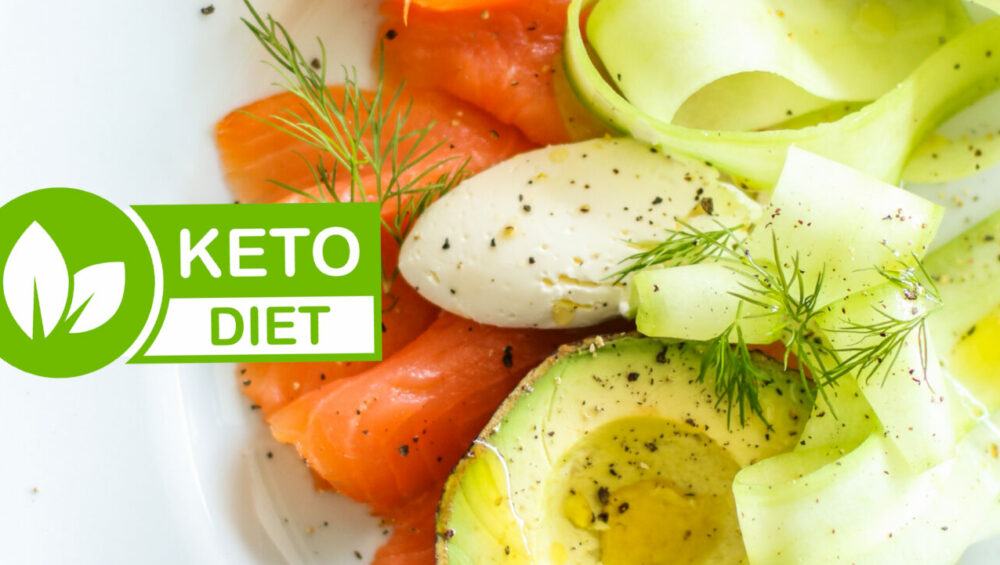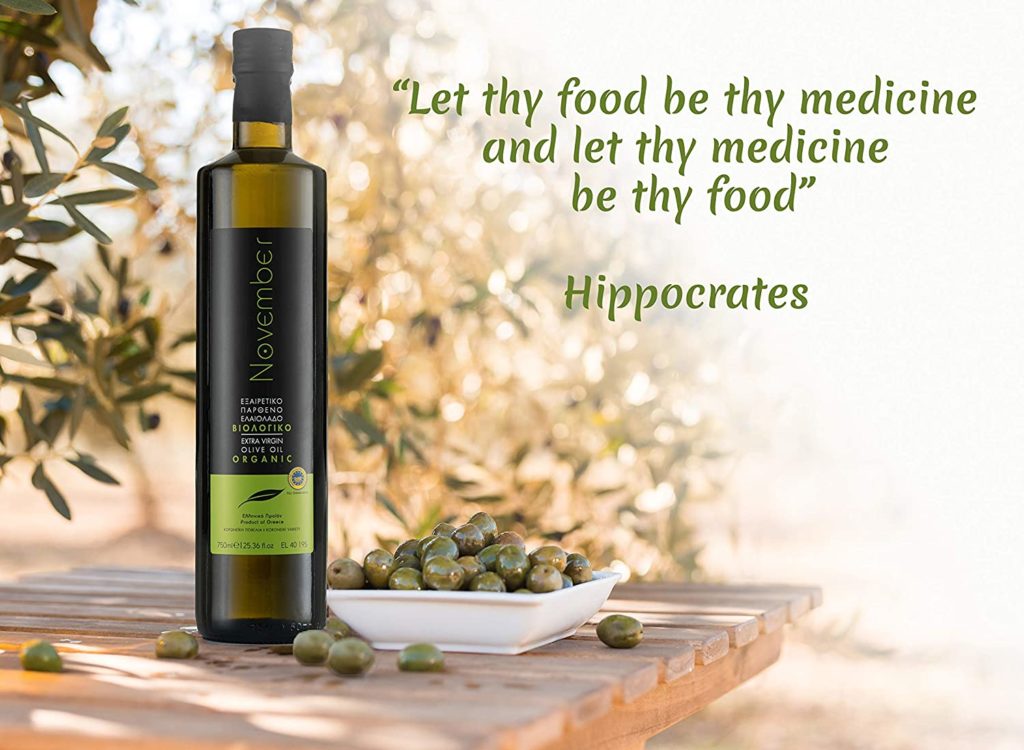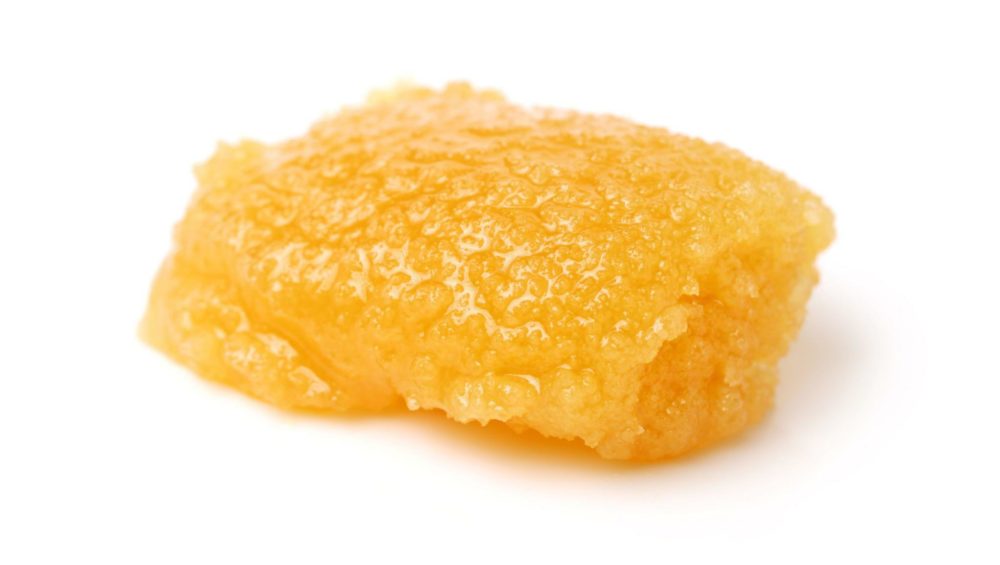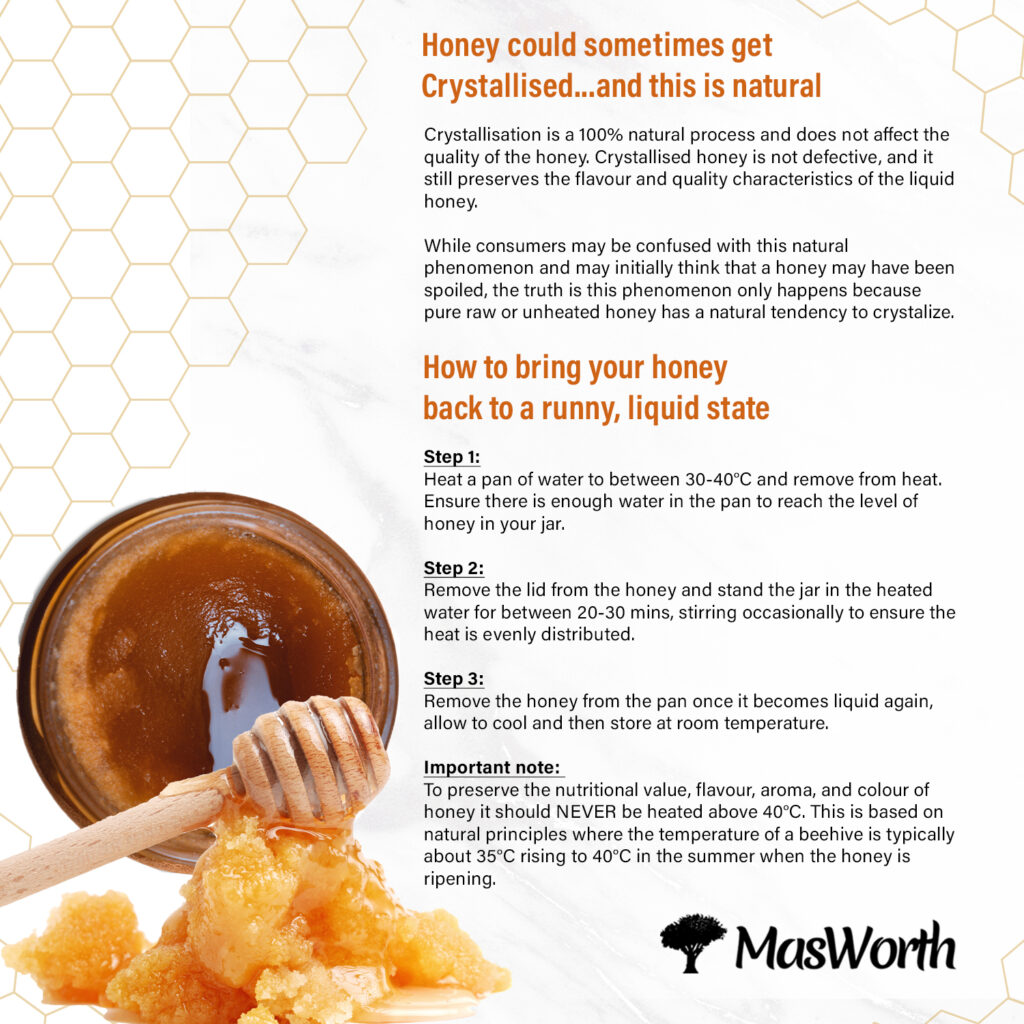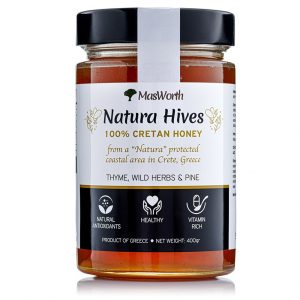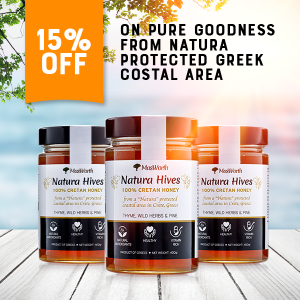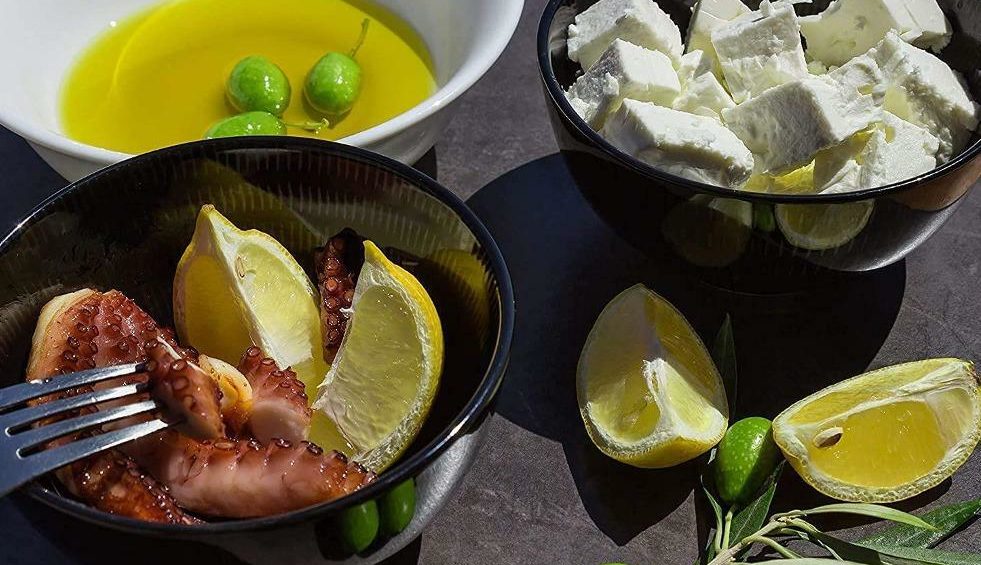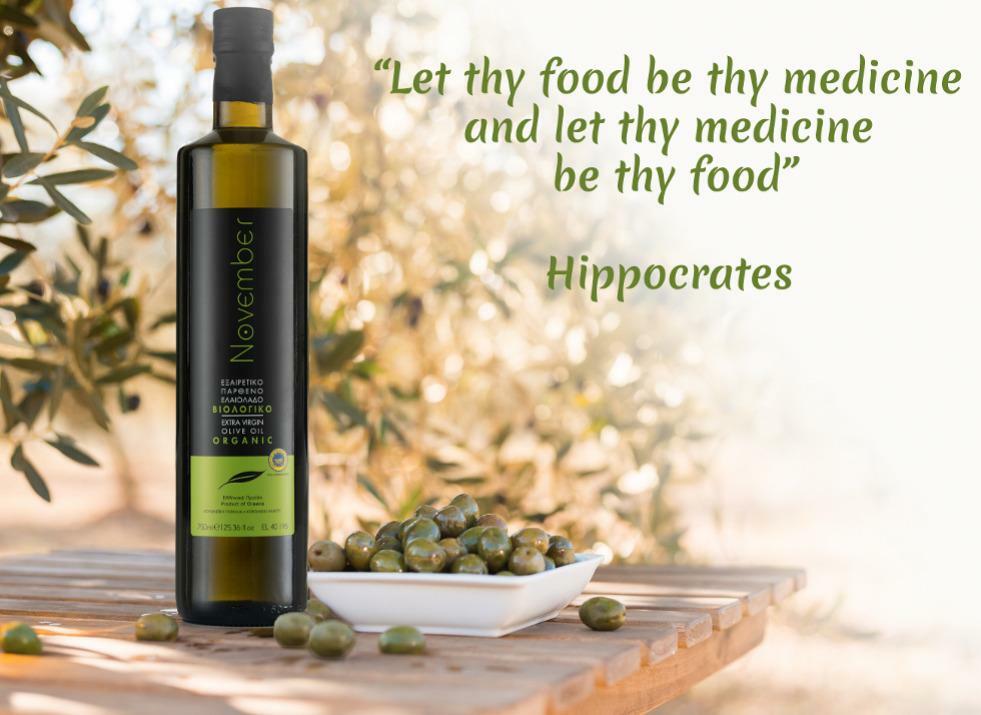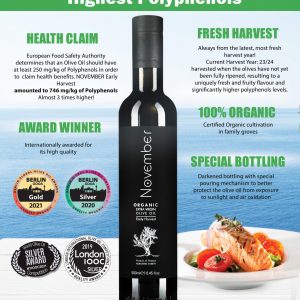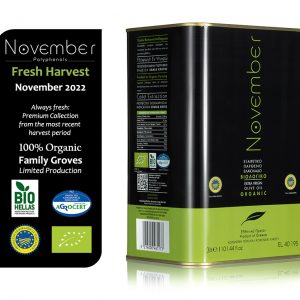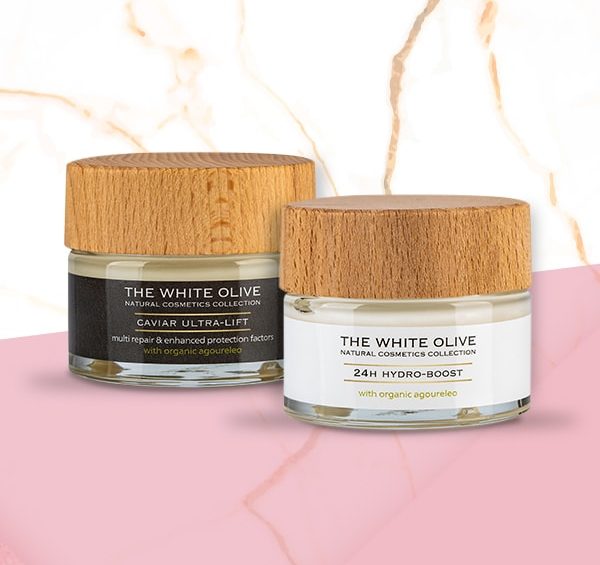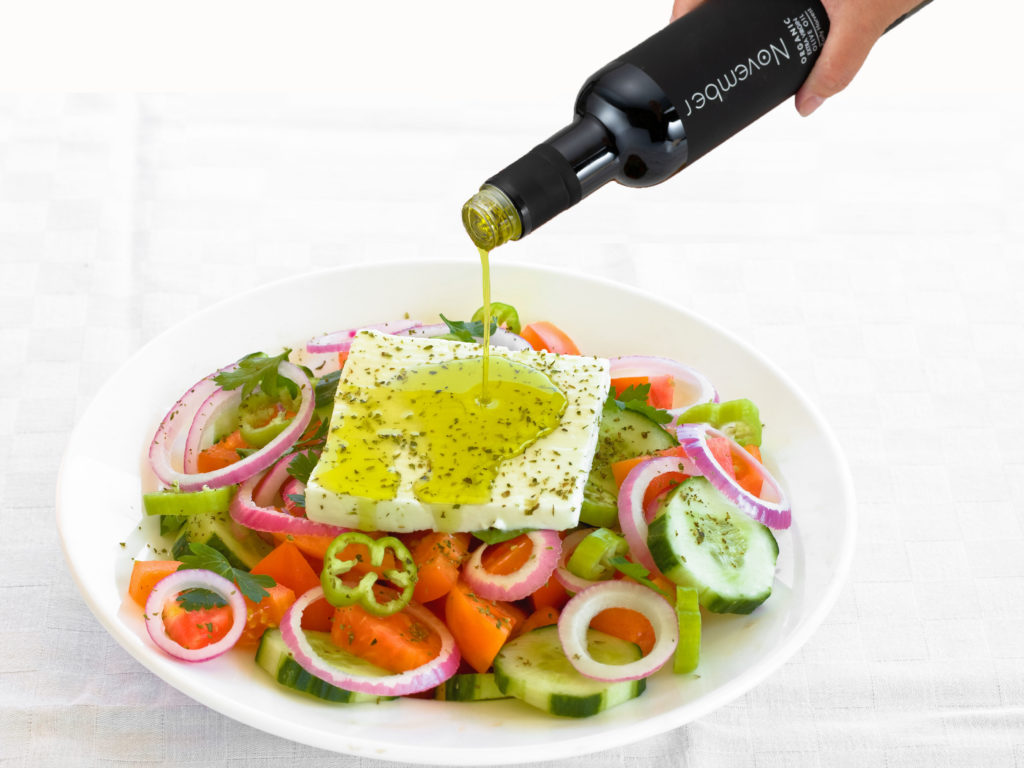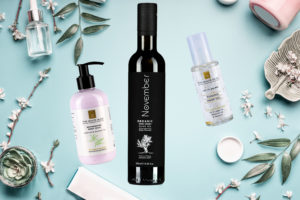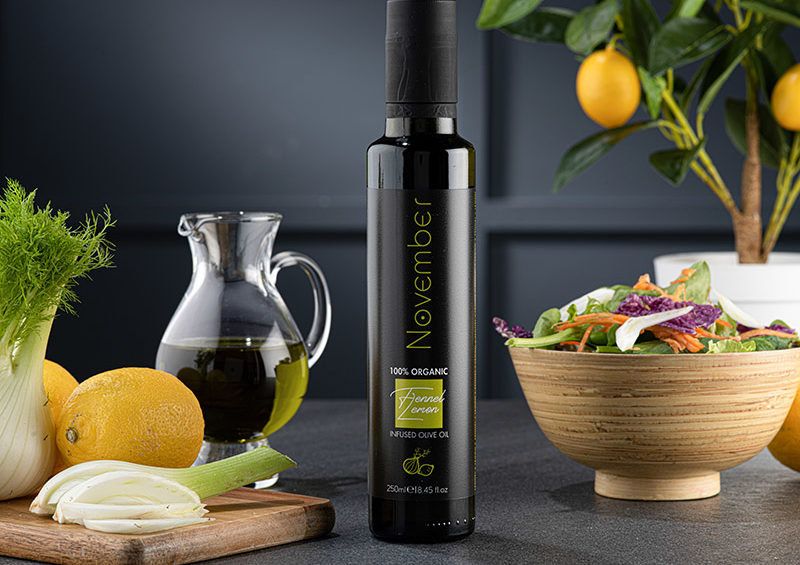Extra Virgin Olive Oil (EVOO): A Superfood for Kids
A good parent will go to any lengths to ensure their children grow up healthy and happy, even if their child does not appreciate it at the time. I can still remember my dad painstakingly forcing my sister and I to drink a daily tablespoon of cod liver oil. In those days, supplements did not come in tidy little capsules that could be swallowed with a glass of fruit juice, so it is having my mouth coated in slimy oil and an unpleasant lingering taste of fish that is indelibly etched into my childhood memories. It was a challenge for us all, there were tears and tantrums, but I eventually came to appreciate it was not punishment, it was a concern for how our little bodies and brains were developing.
Parents equally concerned about the development of their children might want to consider adding Extra Virgin Olive Oil to their children’s diet. A significant amount of research into the health benefits of EVOO shows it is an excellent food source for growing children and adolescents. Not only is it loaded with polyphenols that work as antioxidants to fight disease and heal cells, but it also contains Vitamin D for healthy bone development. Children need a lot of calories as they grow and the high calorific content of EVOO comes from ‘good’ monounsaturated fatty acids so do not contribute to childhood obesity.
Some paediatricians argue that EVOO is one of the first ingredients you should introduce to weaning babies so they can continue to receive the DHA-laden omega-3 fats they were getting naturally from breast milk, but also because it can protect their intestine walls, ensure a healthy digestive system, and help them to absorb fat-soluble vitamins A, D, E and K. It is therefore good to get kids into the habit of eating EVOO as early as possible.
Extra Virgin Olive Oil: A Natural Brain Food
Not only good for a child’s physical growth and development, EVOO is also important for cognitive development and ongoing brain functioning. Research published in the journal ACS Chemical Neuroscience into why there are fewer cases of Alzheimer’s disease in Mediterranean countries found that the polyphenol oleocanthal found naturally in EVOO helps to disable the abnormal proteins that attach to brain cells causing memory loss and dementia.
This is not only great news for people prone to or in the early stages of this disease, but people who suffer from headaches, confusion, fogginess, vertigo, and anxiety which may be signs of declining brain cells could also benefit. Parents who ensure their children consume EVOO regularly as part of their diet from an early age could therefore potentially help them to avoid cognitive issues in later life.
In addition, omega-3, more commonly found in oily fish and Vitamins B are also constituents of EVOO and are known to improve brain functioning, boost neuro-psycho-motor development and improve the structure of the retina. Research also suggests that EVOO can help children with ADHD to deal with their symptoms better.
Extra Virgin Olive Oil: The Dos and Don’ts for kids
In early child development, when fish cannot be introduced to a baby’s diet, or later, when children become pickier in terms of the food they eat, it may be difficult to ensure children get enough of the important fatty acids they need to grow.
I would not recommend spoon feeding your kids pure EVOO and most definitely not to young babies. Whilst your child might not be left with a strong taste of fish as I had, they will probably experience a bitter sensation on their tongue and slight sting in the back of their throat which could put them off Olive Oil for life. That would be a real shame and potentially detrimental to their health!
It should be noted that these sensations, whilst unpleasant, are the flavonoid polyphenols resisting oxidation and fighting disease and a good indication that the oil is freshly harvested and has a high antioxidant and anti-inflammatory value. An interesting fact is that the quality and purity of Olive Oil is determined by three attributes: its fruitiness; pungency and bitterness.
Finding creative ways to add EVOO to your child’s diet will be worth the effort because of the health benefits it offers. Eating the oil raw is always the best option, so if you are fortunate enough to have a child willing to eat vegetables and salads then using as a drizzle or dressing is a great option. I would also suggest substituting butter for oil as a baking ingredient for cakes and cookies to give them a light and unique flavour. The fruity aroma of the olive oil can enhance other flavours commonly used in baking such as chocolate, nuts, spices, and fruit. Adding the oil to mash potatoes, smoothies, scrambled eggs or drizzled over toast are other simple ways to introduce it and with a high smoke point, it is also a great oil for frying or roasting.
If you want your children to get the best health benefits from EVOO it is important to consider the quality and polyphenol content of the oil. November Organic Extra Virgin Olive Oil is a great option and comes in a 3 ltr tin, making it more economical if you are using for the whole family.


